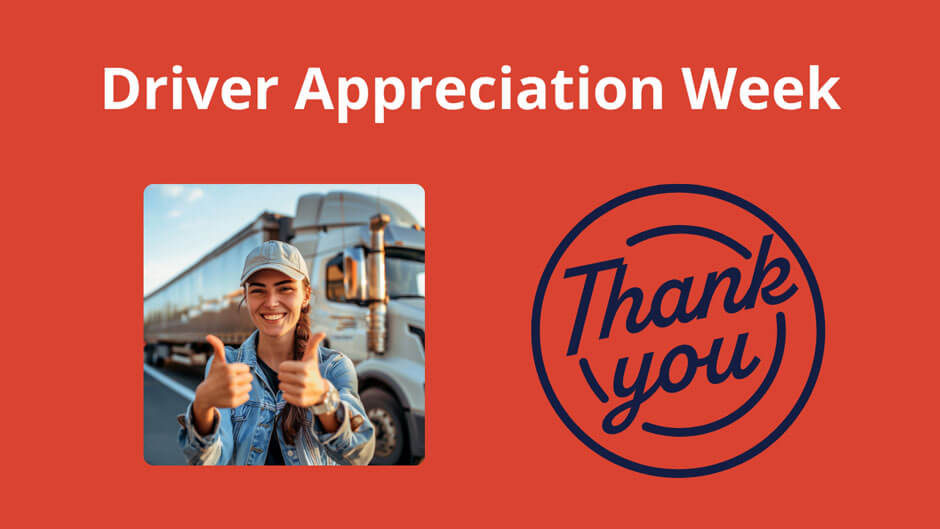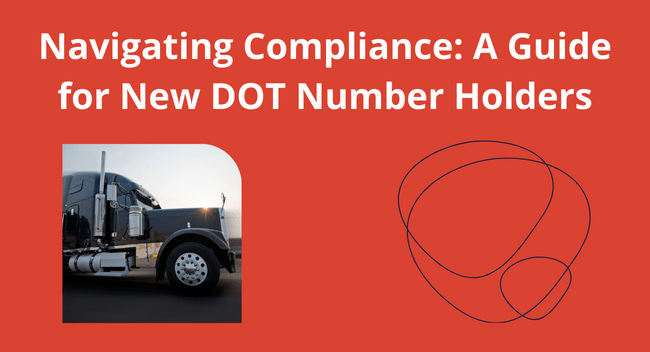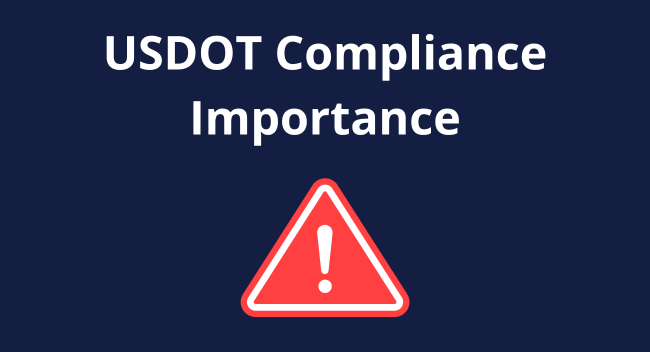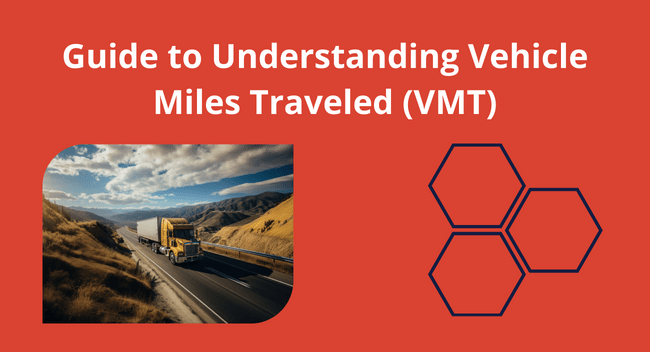Factoring is a financial process in which a business sells its accounts receivable (invoices) to a third party (factoring company) at a discount. This allows the business to receive cash upfront for their outstanding invoices, rather than waiting for customers to pay.
Who Uses Factoring?
Factoring is often used by businesses that have a high volume of invoices, but lack the cash flow to wait for payment. This can be particularly useful for businesses in the transportation industry, which often deal with long payment terms and large expenses such as fuel and equipment.
The transportation industry has seen a significant increase in the use of factoring in recent years. According to the International Factoring Association, the transportation industry accounts for approximately 15% of all factored invoices in the United States.
What Are The Benefits Of Factoring?
One major success of factoring in the transportation industry is the ability to improve cash flow. With factoring, businesses can receive payment for their invoices in as little as 24 hours, rather than waiting 30, 60 or even 90 days for payment. This allows transportation businesses to better manage their expenses, such as fuel and equipment costs, and invest in growth opportunities.
Another success of factoring in the transportation industry is the ability to expand into new markets. With the cash flow provided by factoring, trucking companies can take on new customers and contracts without having to worry about the financial strain of waiting for payment
How Does Factoring For Trucking Companies Work?
Factoring for trucking companies is a straightforward process. After delivering your load, you submit proof of delivery (such as a Bill of Lading) to your factoring partner, who verifies the paperwork. Once confirmed, they advance your payment and handle invoicing and collection from your customer. This allows you to move on and focus on your next haul without worrying about payment delays.
In conclusion, factoring has proven to be a valuable financial tool for trucking companies. It improves cash flow, allows for expansion into new markets, and helps carriers better manage expenses and invest in growth opportunities. With the ability to receive payment in
as little as 24 hours, factoring is an attractive option for carriers looking to secure their financial future.







0 Comments